When Indiana lawmakers do their summer homework in advance of next year's legislative session, they'll deal with smoking bans and vehicle regulations, but not LGBT rights.
Democrats had urged that one of the legislature's summer study committees take up the subject of LGBT-inclusive antidiscrimination law, but the Legislative Council, a group of leaders from both the House and Senate, decided Thursday not to include that, The Indianapolis Star reports.
Senate President Pro Tem David Long, a Republican, said legislators would still debate the issue, but not in a public committee. The discussion will "go on quietly through the summer," he told the Star. Democrats, however, objected to the decision not to assign the matter to a committee.
"This isn't about politics, this is about what we are going to do public policy-wise to show that Indiana is a truly welcoming state," Senate Minority Leader Tim Lanane, a Democrat, told the paper. "Waiting another year is out of the question."
Indiana's status as a welcoming state came into question this year with the passage of the first version of its Religious Freedom Restoration Act, which would have allowed businesses and individuals to turn away customers based on religious objections -- say, refusing to provide good or services for a same-sex wedding. After public outcry, lawmakers approved a "fix" to the act aimed at assuring it could not be used to discriminate, but the situation highlighted the fact that the statewide antidiscrimination statute doesn't cover sexual orientation or gender identity.
During the height of the controversy, House and Senate leaders said they would be willing to discuss expanding the law, but now that won't occur in a summer study committee. Still, supporters of an LGBT-inclusive law say Indiana will have one eventually.
"No matter how hard they try to obstruct it, our governor and his allies in the legislature cannot hold back progress any longer," Lanane told the Star. "We know what everyday Hoosiers know, that there's no place for discrimination in the Hoosier State. We'll continue to fight to make that a reality."














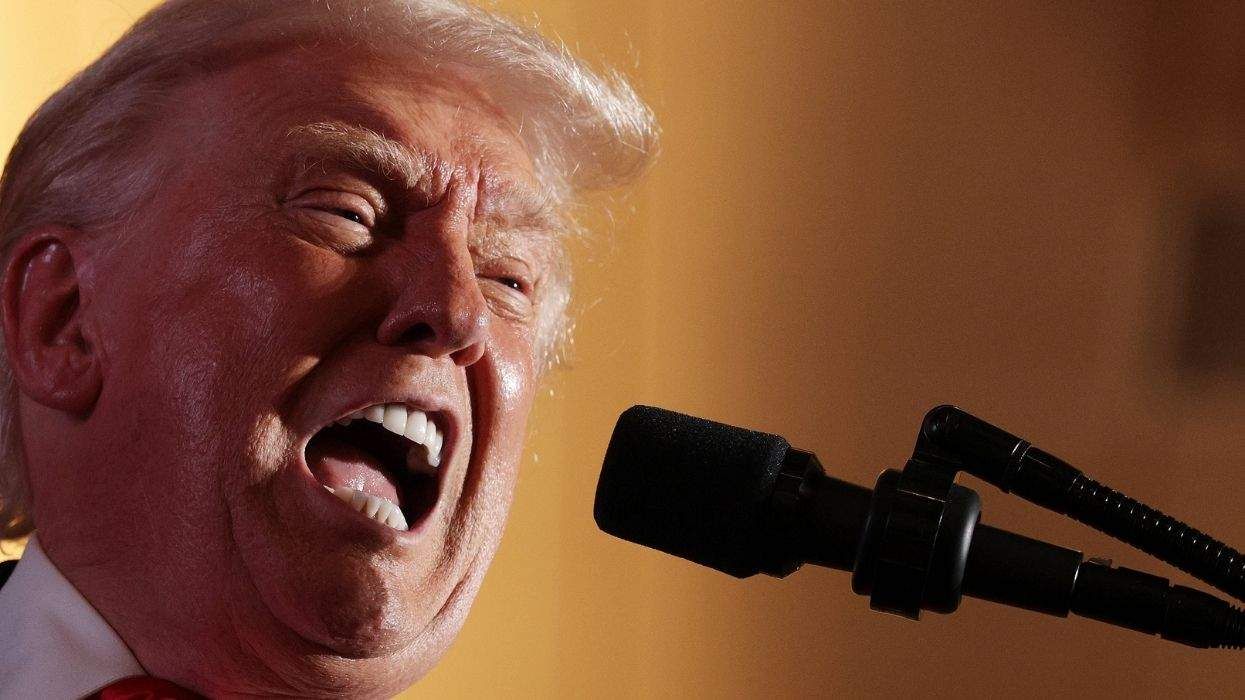

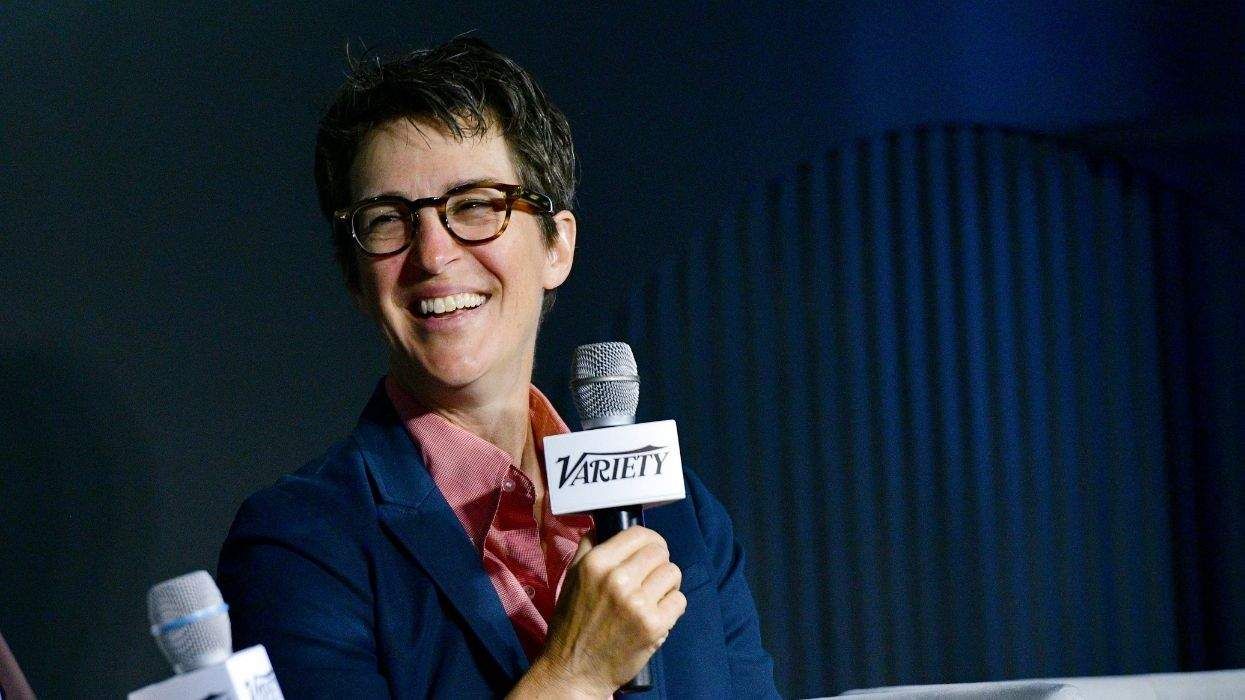
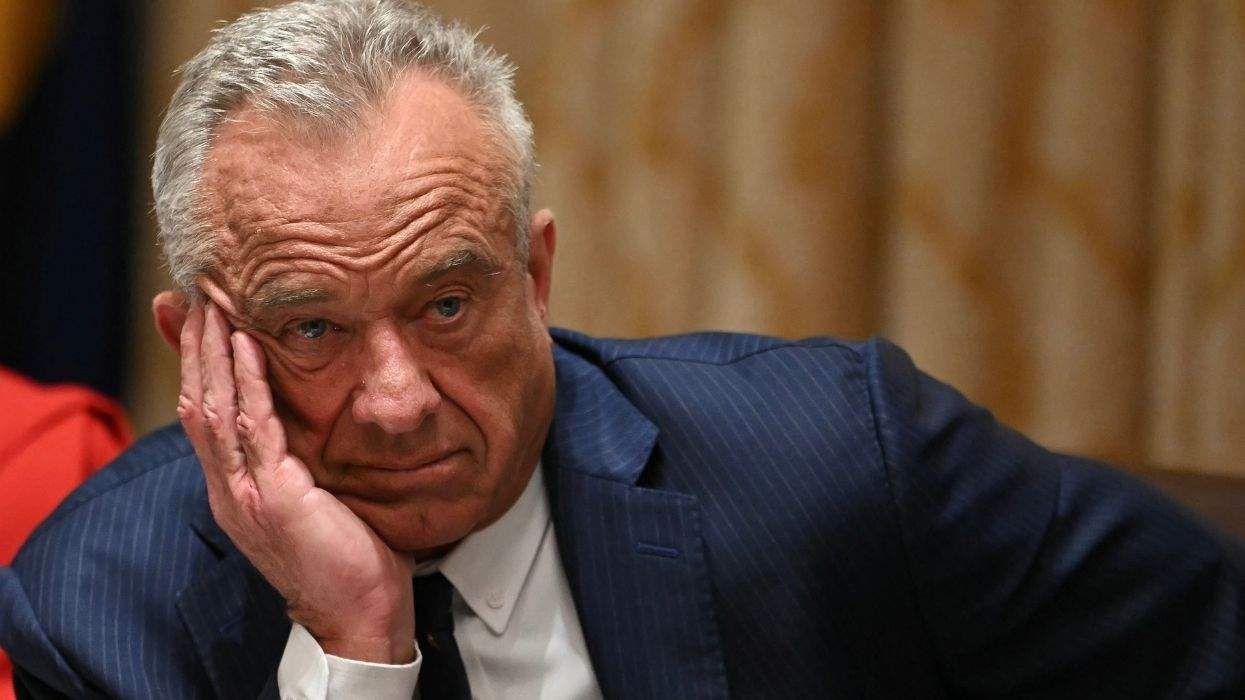

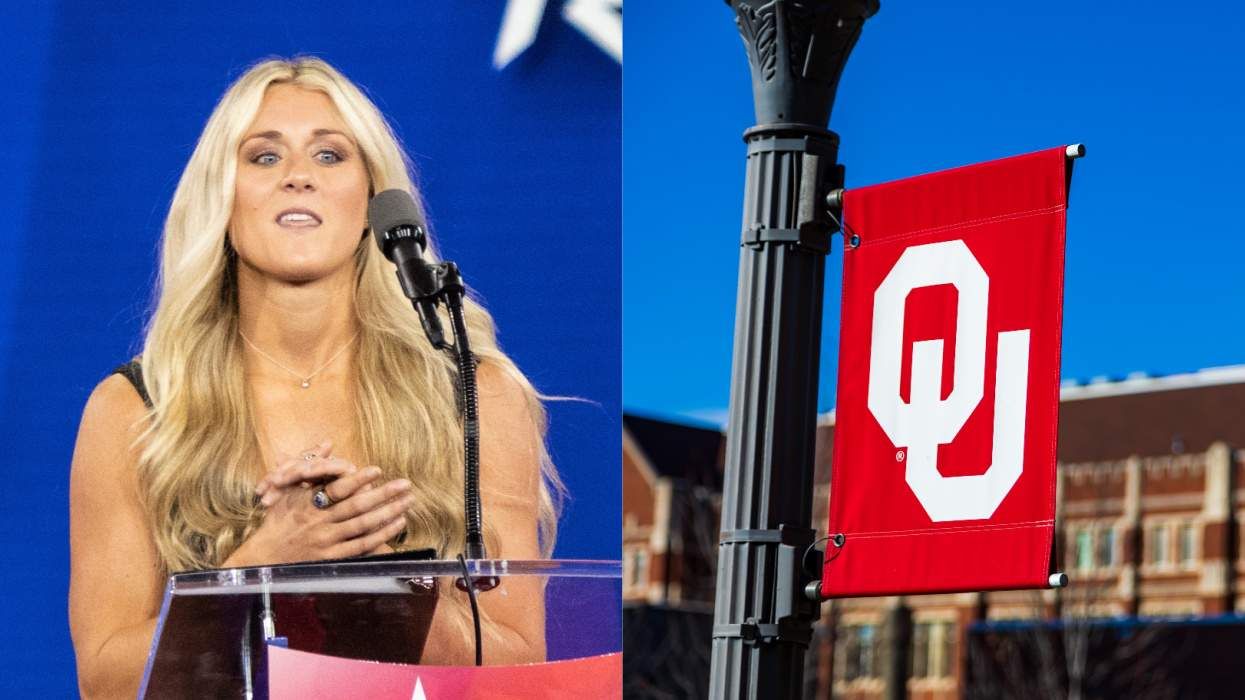


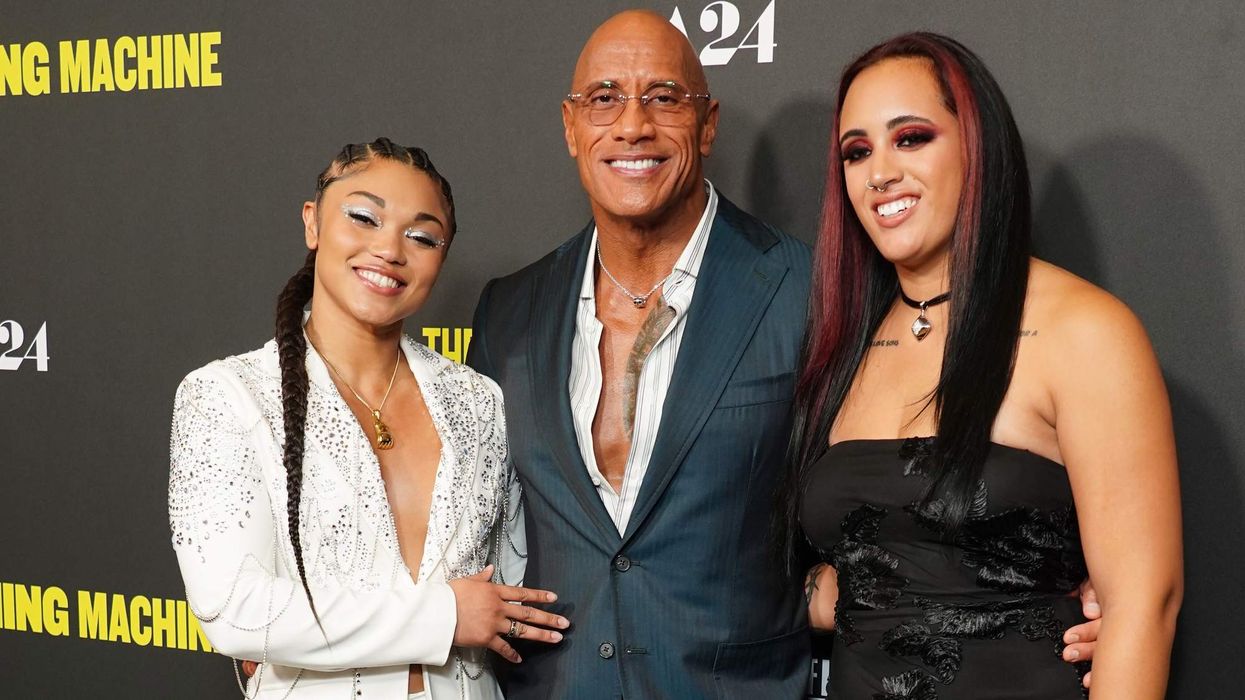
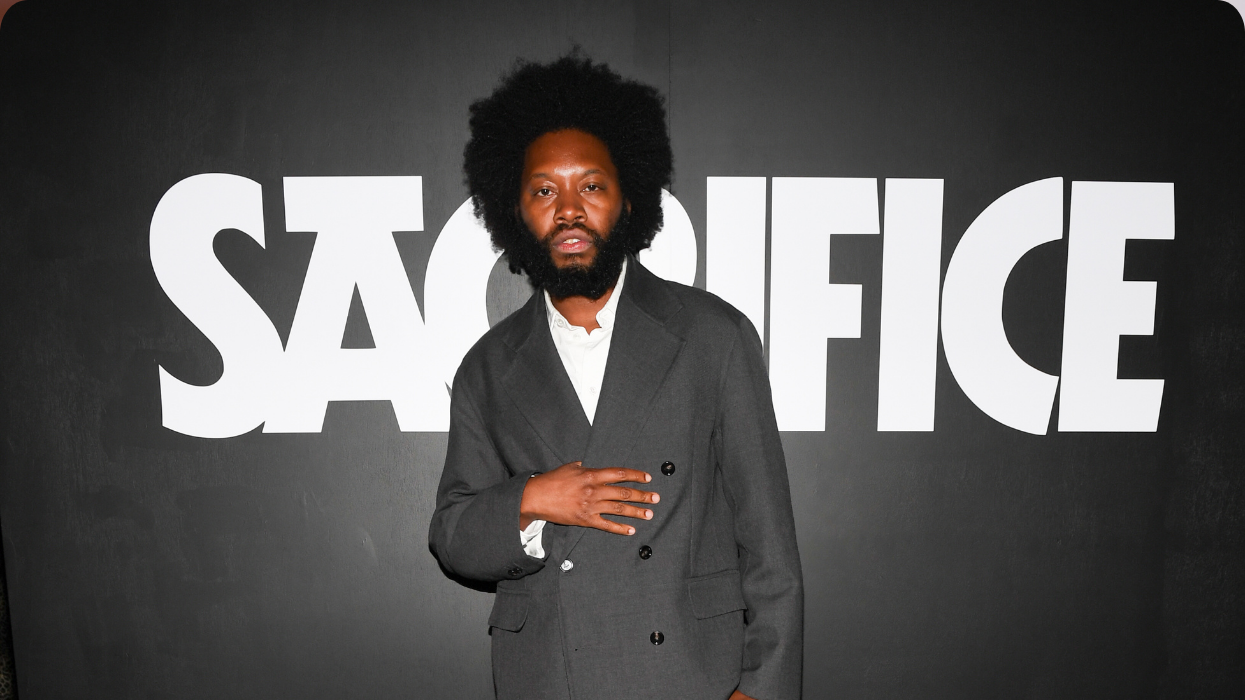
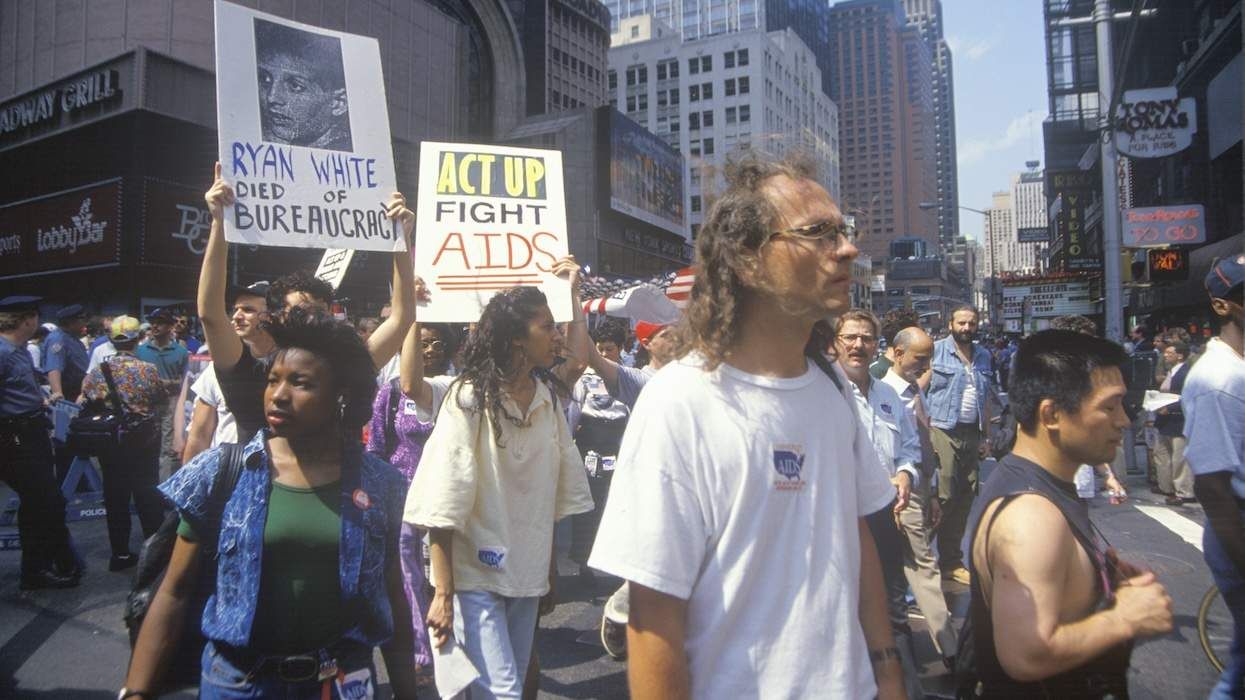
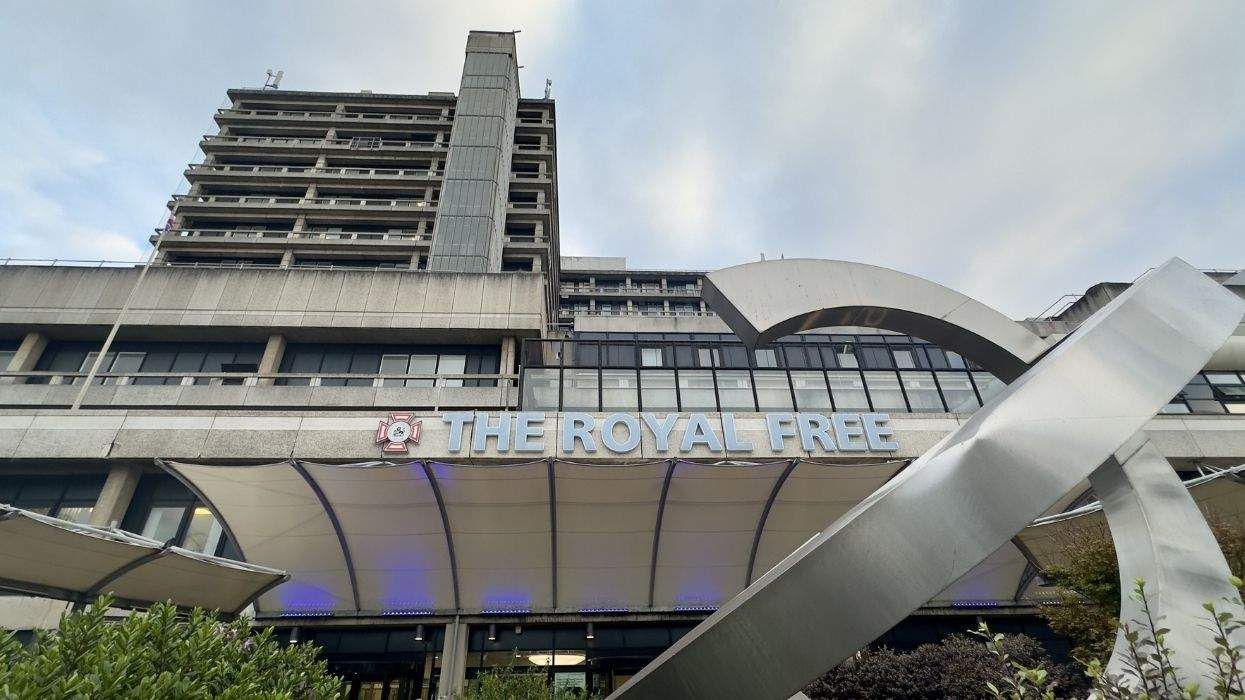

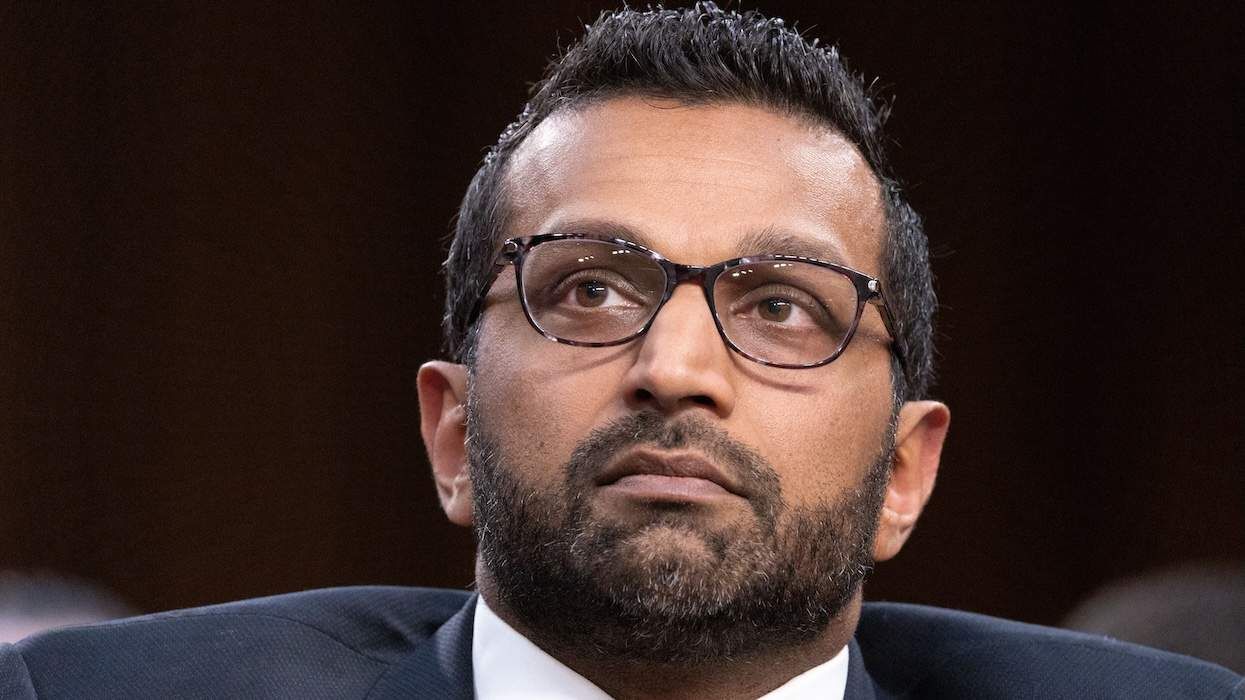





































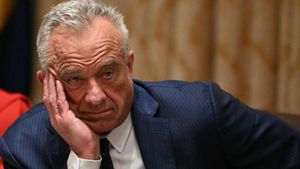


Charlie Kirk DID say stoning gay people was the 'perfect law' — and these other heinous quotes